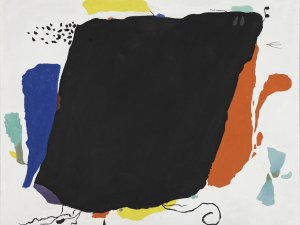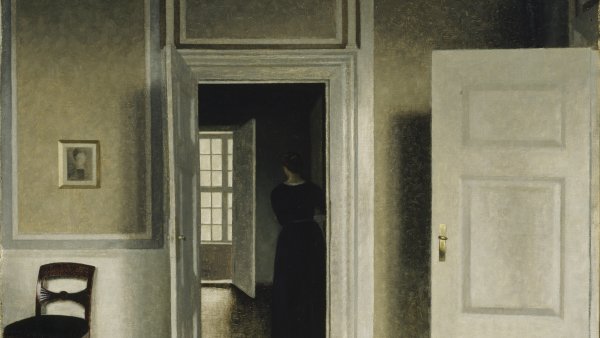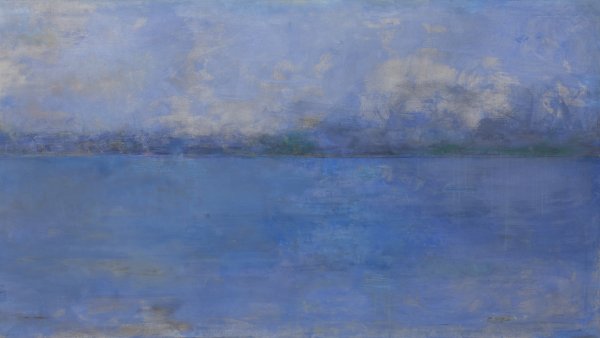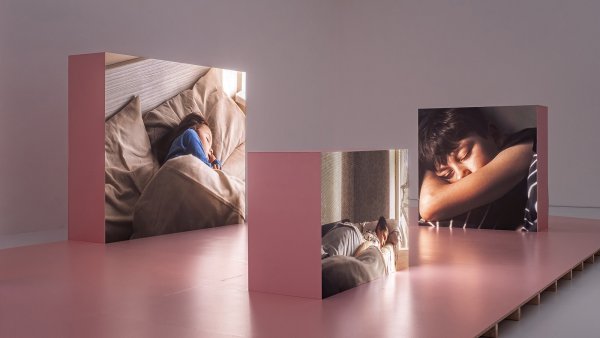Willi Baumeister 1889-1955
This is the first monographic exhibition in Spain devoted to the entire career of the German painter Willi Baumeister. Along with Paul Klee, Baumeister was one of the leading figures in 20th-century German painting, and one of the most influential for the origins of abstract art in Spain. Jointly organised by the Thyssen-Bornemisza Museum, the Fundación Caja Madrid and the Städtische Galerie im Lenbachhaus in Munich, and with the support of the Baumeister family, the exhibition will travel to Munich following its Madrid showing. It can be seen in Munich from March to June 2004. Willi Baumeister was part of the generation of artists who emerged on the German art scene in the years immediately following World War I, along with figures such as Schlemmer, Müller and Siegel. He lived and worked mainly in Germany, although in the 1920s he was linked to the Paris group L’Esprit Nouveau (along with Léger, Le Corbusier, Ozenfant and others) and in the 1930s he formed part of the international movement Abstraction Création. Throughout his life, Baumeister also maintained particularly close links with the Spanish art scene. Like many other European artists of this period, Baumeister has been somewhat overshadowed due to the bias towards North American art criticism in the second half of the 20th century. The present exhibition, which features around 92 works (75 paintings and 17 drawings) aims to offer an overview of his entire career and to situate Willi Baumeister in the position which he merits as one of the great figures of European abstraction. The exhibition also pay particular attention to his links with Spanish art of the period.








